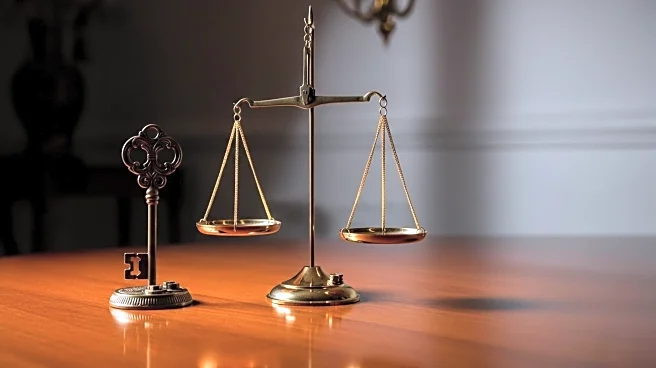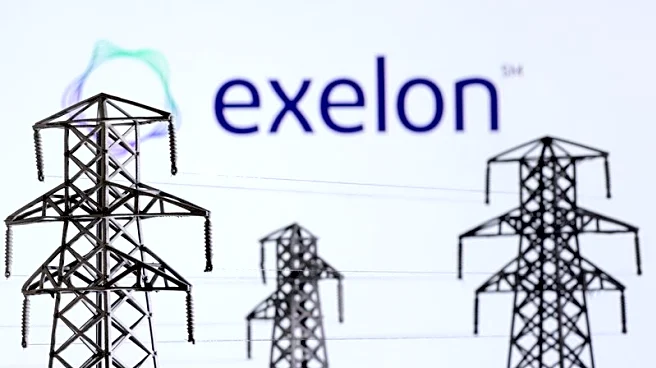What is the story about?
What's Happening?
Ultra-Orthodox lawmakers are indicating a potential return to Prime Minister Benjamin Netanyahu's government after a two-month hiatus. The departure, termed a 'half-resignation,' was in protest against changes to a military draft bill affecting yeshiva students. The crisis began when Yuli Edelstein, then-committee chair, revised the conscription bill, leading to dissatisfaction among Haredi leaders. Netanyahu replaced Edelstein with Boaz Bismuth, who is expected to push a version of the bill that exempts thousands of yeshiva students from military service. Despite resignations, many aides and advisors appointed by the Haredi ministers remained in their roles, maintaining connections with ministries. Reports suggest a full return could occur after the Sukkot holiday, driven by progress on the draft law and strategic considerations ahead of elections.
Why It's Important?
The potential return of Ultra-Orthodox lawmakers to Netanyahu's government is significant for several reasons. It could stabilize the coalition, ensuring the passage of the draft law that exempts yeshiva students, a critical issue for the Haredi community. This move may also influence upcoming elections, as maintaining coalition power is crucial for safeguarding Haredi interests. The situation highlights the complex dynamics within Israeli politics, where religious and political interests often intersect. The resolution of this dispute could set a precedent for future negotiations involving religious exemptions and military service, impacting broader societal and political landscapes.
What's Next?
If Ultra-Orthodox lawmakers rejoin the government, it could lead to the swift passage of the draft law, securing exemptions for yeshiva students. This development may prompt reactions from other political factions, potentially leading to further negotiations or adjustments in the coalition's structure. The return could also influence the political climate ahead of elections, as parties reassess their strategies in light of the restored coalition power. Stakeholders, including political leaders and civil society groups, may respond to these changes, shaping the discourse around military service and religious exemptions.
















